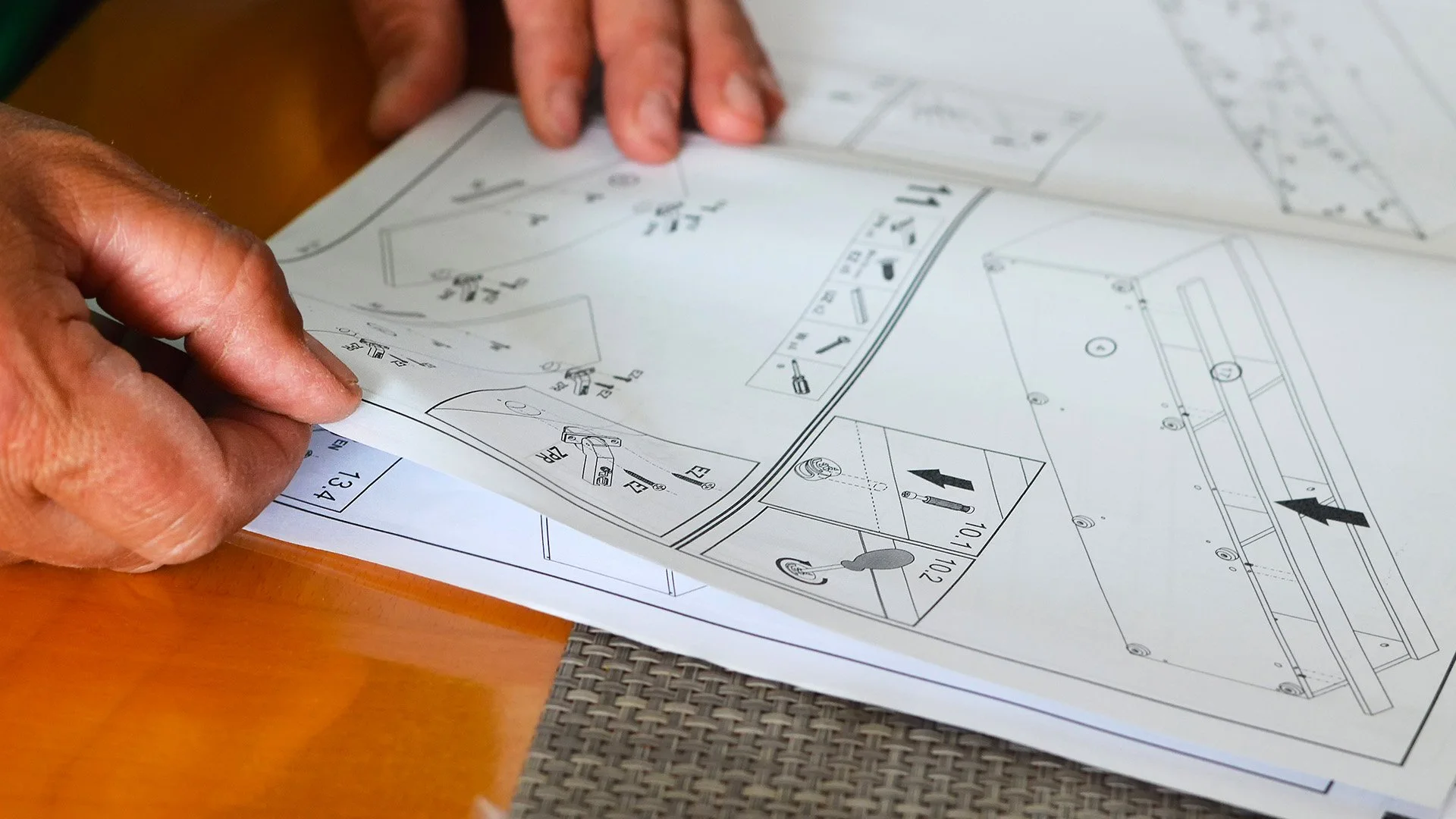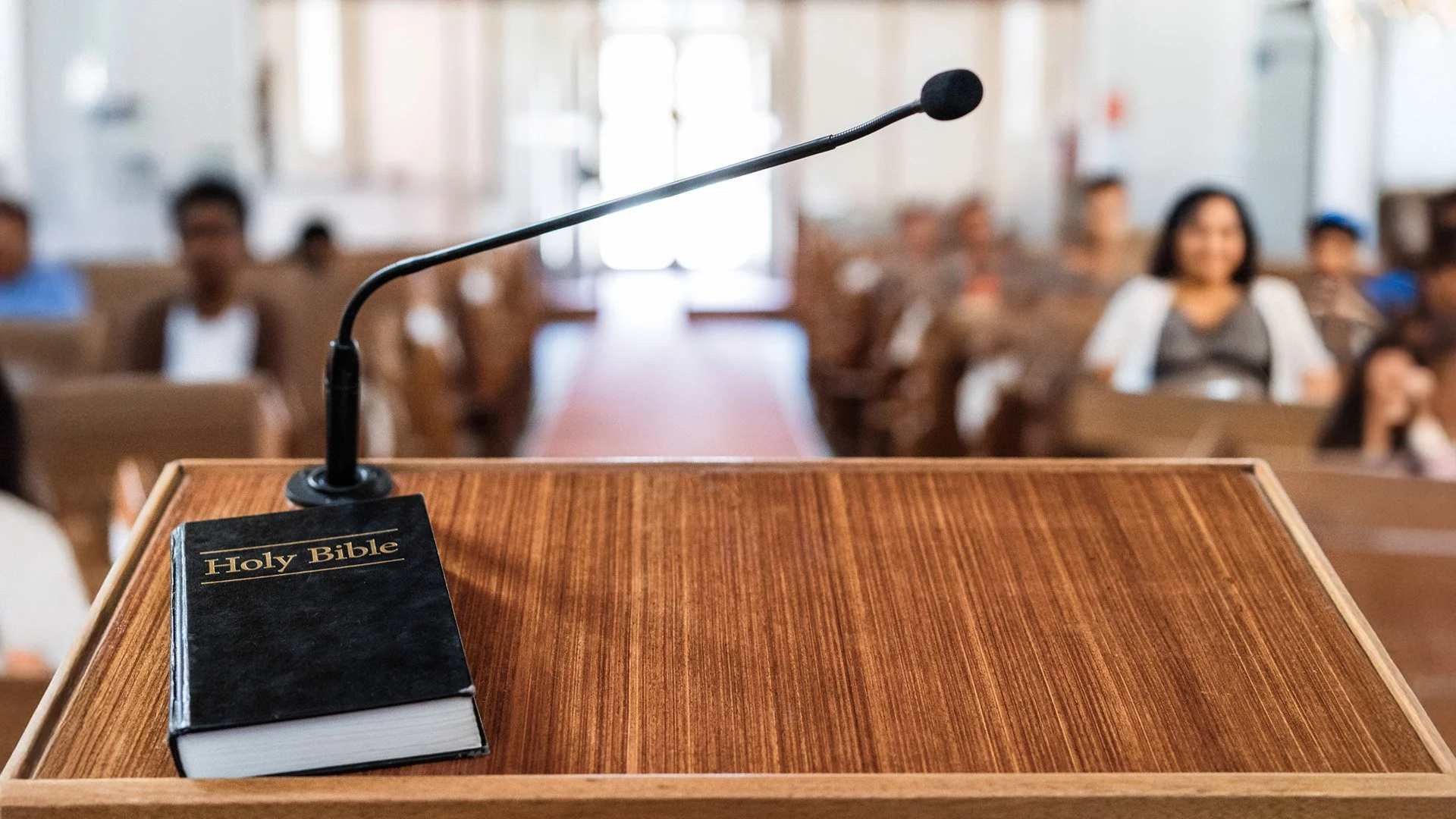Train Whistles at Christmas
When I was a child, Christmas Eve was spent at Granny’s house in Kissimmee. This was long before Mickey Mouse (natives call him “the big rat”) came to town. Granny lived alone in big two-story house on the old road to Orlando. There were four bedrooms and one bathroom upstairs. The previous generation had better bladder control.
The nine adults took the bedrooms, the two oldest granddaughters took the couch in the sewing room, and the six grandsons slept on the floor. My body could tolerate sleeping on an oak floor back then.
The grandchildren were all sent upstairs to bed about 9:30, while the adults mysteriously stayed up. Their conversation and laughter would drift upstairs, with the occasional “Shush!” they’ll hear you.” Despite my best efforts to stay awake, I would drift off to sleep, excited about what Santa Claus might bring the next morning.
Usually around one in the morning, a train whistle would wake me up. There was a train track across the road from Granny’s house and a passenger train bound for Miami would barrel through, breaking the silent night. All the adults would be in bed, and all the cousins would be asleep. But the train whistle always woke me up.
Mama had read me stories about passenger trains. I had some vague idea that people would be sleeping in a roomette or sitting in a passenger seat. But I always wondered, “Who would be traveling on a train on Christmas Eve? Why weren’t they at their Granny’s house? Was Santa on that train, about to hop off for his Kissimmee stop?”
I thought about the engineers and conductors on the train. Why were they working on Christmas Eve? I had never met anyone who worked on Christmas Eve. I assumed they would stop the train somewhere and let the train people go home to celebrate Christmas with their families.
I remember thinking it was awful for these people not to be at their Granny’s house for Christmas. It was years later I realized everyone is not blessed with a warm house at Christmas. Not everyone gets to hear the laughter of adults putting together toys and laying out presents. Not everyone enjoys a good Christmas dinner with Granny’s rum cake (which legally should not have been eaten by anyone under 21). Some people have to travel, have to work.
Even sadder are the people who do not have a family for Christmas. On a recent trip, I passed by a rescue mission in a Southern city. Darkness was falling and people were lining up to be admitted to the homeless shelter. One man broke my heart. He was in a wheelchair, trying to push himself up a hill to the shelter. I wanted to stop and help but traffic prevented me. I had a hunch he would be spending Christmas Eve in the homeless shelter. I wondered about his story. Had he turned his back on his family? Had they all passed away? Had his family turned their backs on him, perhaps because of alcohol or mental illness?
I thought about Jesus, who said, “Whenever you do it unto the least of these, my brothers, you have done it unto me.” I remember that the first Christmas Eve is a story of a family traveling far from home, a Savior traveling from Heaven’s splendor to the cramped quarters of a womb. When Joseph and Mary arrive in Bethlehem, there are probably cousins, uncles and aunts, and maybe even a grandparent or two, who are there as well. But none of them share space with the young couple, with the pregnant Mary and her young husband, Joseph. Our Savior is born in barn, placed in a manger. His first earthly experience is not in the warmth of Granny’s house, but on the hay of the manger.
No wonder Jesus said “I was homeless and you took me in.” He had heard his parents tell that story over and over. I wonder if he was thinking, “I wish that night someone had taken me in.”
What I realize now is that train whistle told a story. It was the story of people traveling at the last minute to get home, or maybe people traveling who gave not one thought that it was Christmas. It was the story of an engineer and a conductor who drew the short straw about who would work on Christmas Eve. The whistle told the story of people with all kinds of hurts and hopes, joys and sadnesses.
Most of all, the train whistle was the story of people who Jesus loves. He loved the passengers hurrying home for Christmas, the passengers who didn’t care it was Christmas, the engineer and the conductor having to work on Christmas. The story of the homeless man in the wheelchair is that he is loved by Jesus. The story of all the people who were in Granny’s house is they are loved by Jesus. That’s the story Christmas.




















